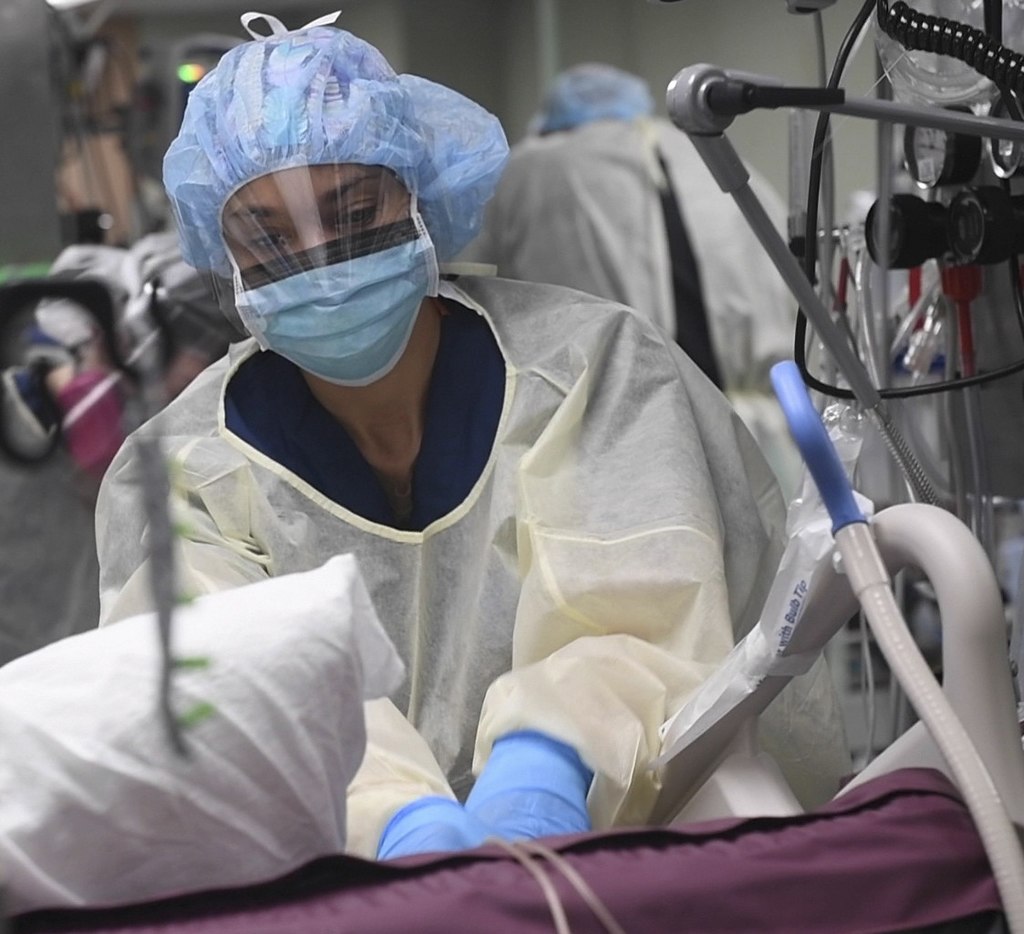Following last year’s round of applications for Virginia’s first cannabis oil dispensaries, a new bill to be deliberated in the 2019 General Assembly session could provide even more for the Hampton Roads area. House Bill 2245, introduced by Delegate Glenn Davis (R-Virginia Beach), provides that the Virginia Board of Pharmacy will be directed to award an additional five medicinal cannabis pharmaceutical processing licenses.
The board has already approved five licenses, with each serving a different regional portion of the state’s healthcare service.
The bill clarifies that products containing a concentration of tetrahydrocannabinol (THC-A) should be no greater than that allowed by federal law, which is 0.3 percent or less. The amount defined in the bill would dictate that the substance does not constitute marijuana.
It would also increase the number of pharmaceutical processor permits the Board of Pharmacy may issue or renew for each healthcare service area in any year from one to two. Moreover, each pharmaceutical processor that has been awarded a permit will be able to operate up to two off-site locations for the dispensing of cannabidiol oil and THC-A oil.
According to the legislation, the Board of Pharmacy would issue additional permits to operate as a pharmaceutical processor by September 1, 2019. Therefore, 10 processors could end up running up to 20 medical dispensaries across the state.
“Those that probably need it the most — the aged and the severely disabled — are probably the least likely to be able to travel the long distances to get to one of those five locations,” Delegate Davis said in a report from The Virginian-Pilot. “Initially, the production that could come from the five locations would be significantly under what the demand would be.”
Contention rose last year during the secretive application hearing process conducted by the Board of Pharmacy as many seeking licenses made claims that the selection process lacked proper transparency. However, some were informed that reasons for a license denial varied from a “lack of details” on security plans, employee training, industry experience, and local support for the installment of a dispensary.
Nevertheless, as more lawmakers in a traditionally conservative state begin to warm to the idea of using cannabis as medicine, it is opening up an additional economic path that could fare well for the Commonwealth. For example, in late 2018, Richmond, Virginia-based tobacco giant Altria Group dove headfirst into the burgeoning cannabis industry, sinking $1.8 billion into Cronos Group, a Canadian medical and recreational marijuana provider.





